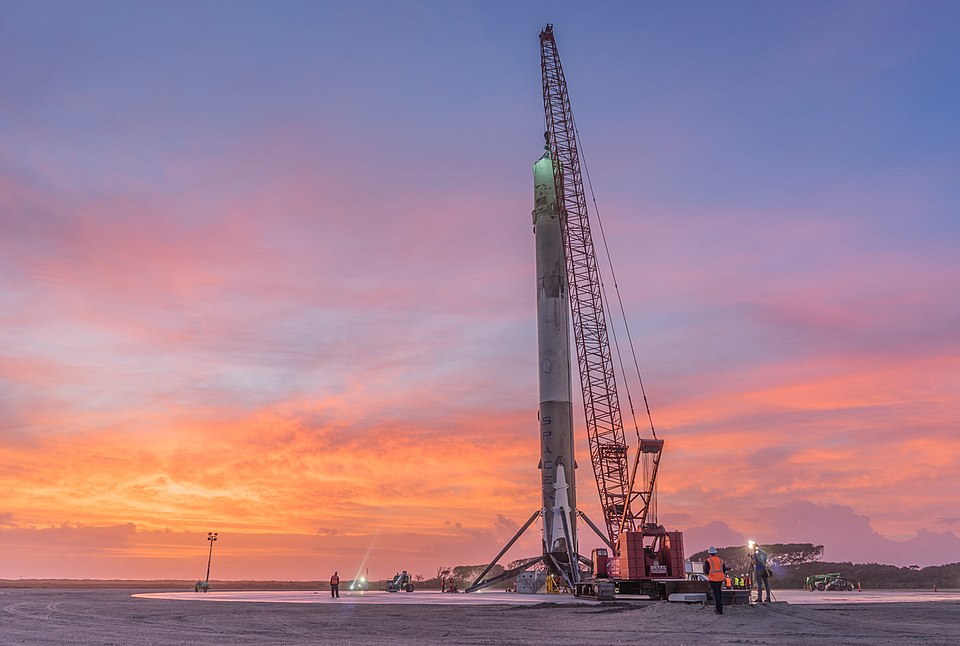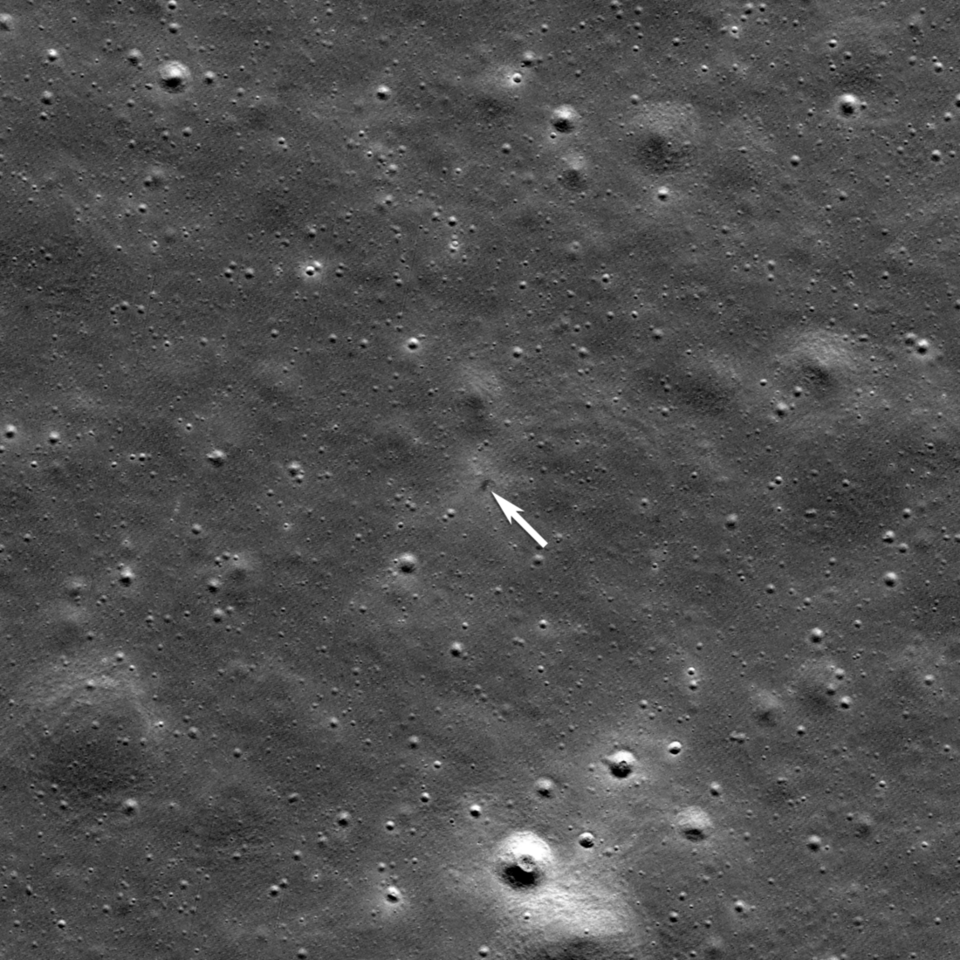NASA Postpones Boeing Starliner Crewed Flight to 2026 Amid Safety Concerns

NASA has officially announced a significant delay in the anticipated crewed flight of Boeing's Starliner spacecraft, now scheduled for early 2026. This decision results from ongoing safety evaluations prompted by propulsion system issues that previously left the spacecraft's inaugural crew stranded aboard the International Space Station (ISS) for nine months, far exceeding the intended mission duration. The delay underscores NASA's commitment to prioritizing safety in space travel, particularly following incidents that raise concerns about the reliability of new technologies.
The Starliner spacecraft, developed by Boeing under NASA's Commercial Crew Program, was initially slated for a crewed mission in 2023, following a successful uncrewed test flight in May 2022. However, technical problems with the spacecraft's propulsion system have necessitated extensive reviews and modifications. According to Kathy Lueders, NASA’s Associate Administrator for Human Exploration and Operations, “Safety is our top priority, and we will not compromise on our standards for human spaceflight.”
This postponement reflects a broader trend in the aerospace industry, where safety evaluations often lead to delays in project timelines. Dr. Michael McCarthy, an aerospace engineering professor at the Massachusetts Institute of Technology, emphasizes the importance of these assessments: “Space missions are inherently risky, and thorough evaluations are essential to ensure the safety of crew members.”
The implications of this delay extend beyond technical concerns. The Starliner was expected to play a crucial role in transporting astronauts to the ISS, facilitating ongoing research and international collaboration in space. The ISS has been a pivotal platform for scientific advancements, with numerous experiments conducted in microgravity conditions.
In light of the delay, NASA is contemplating whether to include a crew in the upcoming flight, which will be determined after the completion of safety evaluations and technical assessments. This decision aligns with the agency's strategy to ensure that all future missions adhere to stringent safety protocols. According to a report published by the National Aeronautics and Space Administration in July 2023, the agency has implemented new measures aimed at enhancing the reliability of commercial crew vehicles.
Boeing, facing scrutiny regarding its testing and operational protocols, has stated that it is cooperating fully with NASA's evaluations. “We remain committed to delivering a safe and reliable spacecraft for our astronauts,” said John Elbon, Vice President and General Manager of Boeing Space and Launch. “We understand the significance of this mission and will take all necessary steps to ensure its success.”
The delay also raises questions about the future of NASA's Commercial Crew Program, which aims to reduce reliance on international partners for crewed missions to the ISS, primarily Russia. As geopolitical tensions influence space partnerships, maintaining a robust domestic launch capability becomes increasingly critical. Dr. Andrea Thompson, a space policy expert at the University of California, Berkeley, notes, “Delays in domestic launch capabilities could have wider implications for international collaboration in space exploration.”
As the aerospace community continues to navigate these challenges, the future of the Starliner program remains uncertain. The upcoming safety evaluations will be crucial in determining not only the viability of the Starliner but also the broader landscape of commercial space travel. Stakeholders across the industry are closely monitoring these developments, as they could set precedents for future missions.
Looking ahead, the aerospace sector must balance innovation and safety in its pursuit of advancing human spaceflight. As outlined in a 2023 report by the Space Safety Coalition, improving safety protocols and fostering a culture of transparency in the aerospace industry are essential for restoring public confidence in space travel. The evolving situation with the Starliner serves as a reminder of the inherent risks involved in pushing the boundaries of exploration and technology. In conclusion, while the postponement of the Starliner’s crewed flight presents immediate operational challenges, it ultimately reflects a commitment to ensuring the safety of astronauts and the integrity of space missions. The aerospace community will be closely watching NASA's next steps as the agency continues its critical evaluations and preparations for future missions.
Advertisement
Tags
Advertisement





